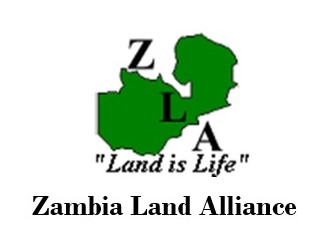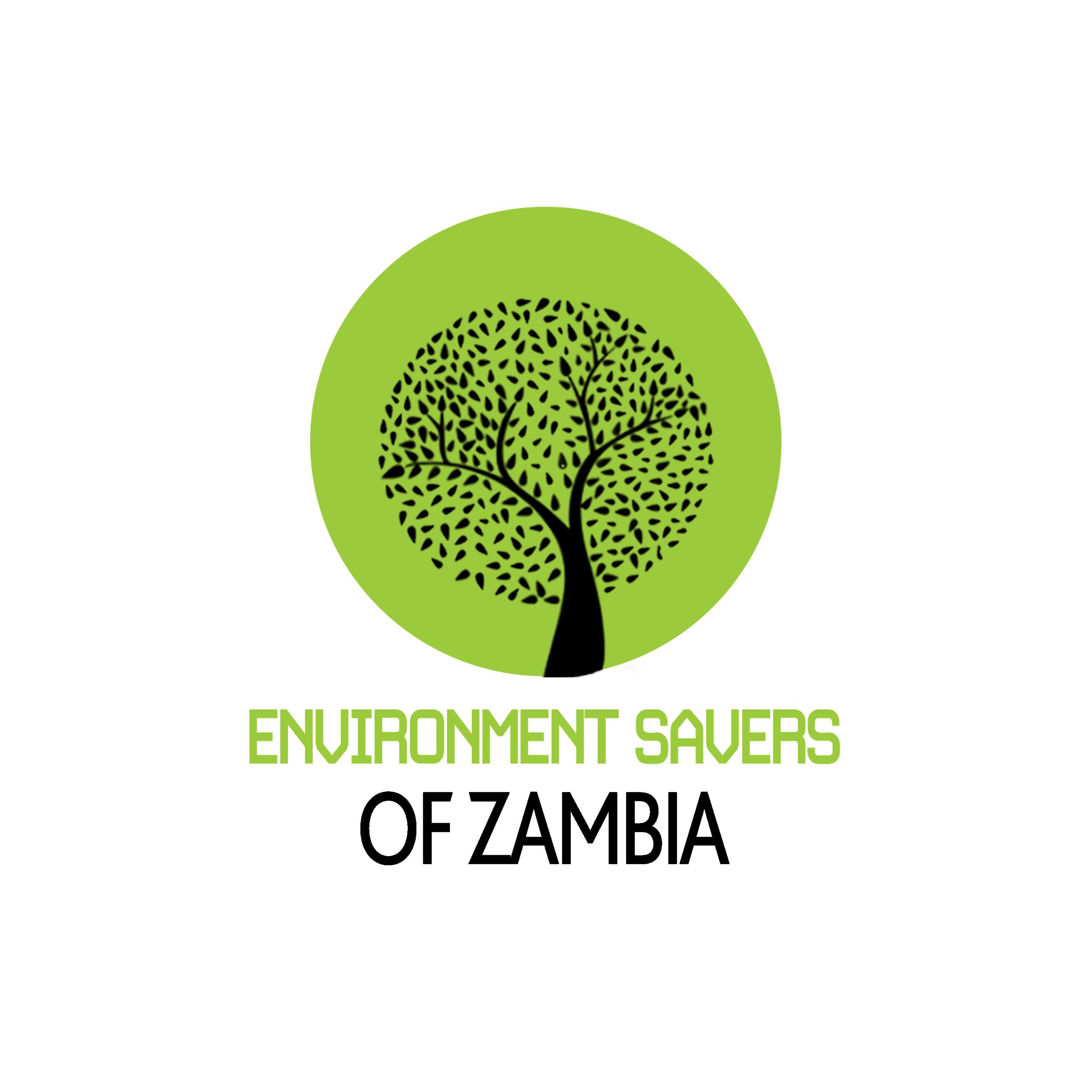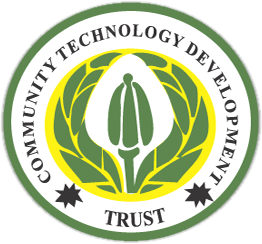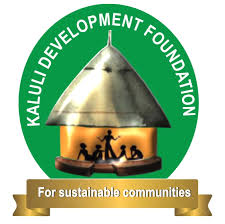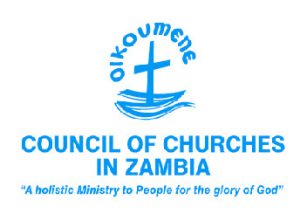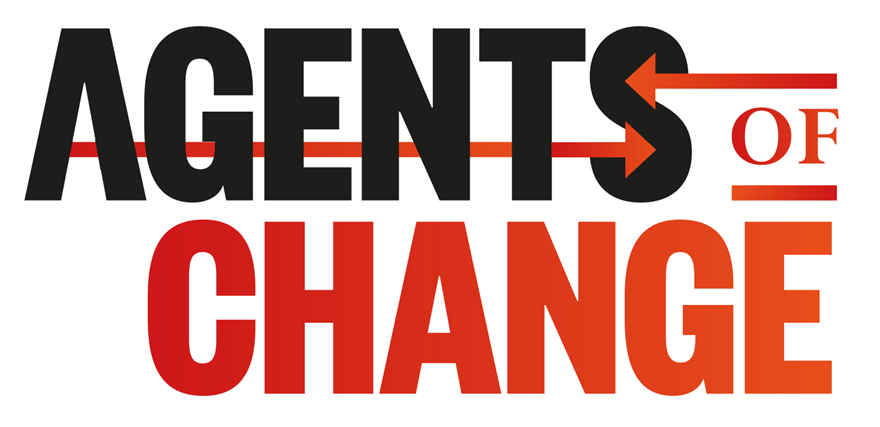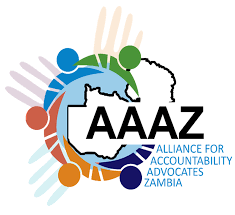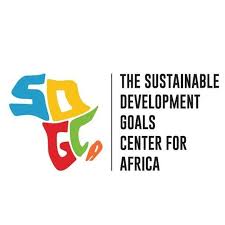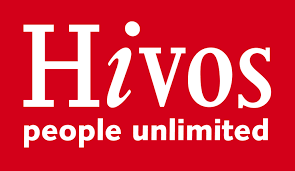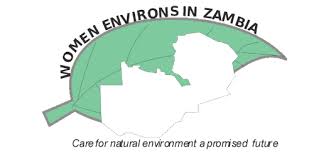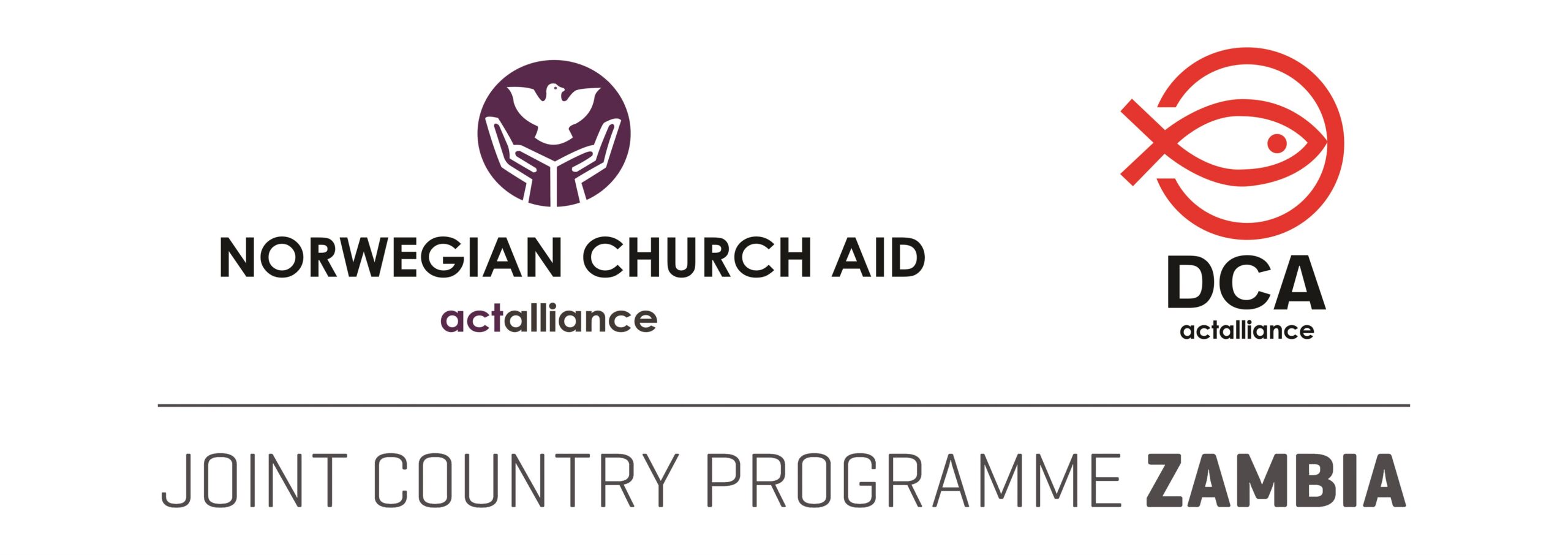CSO Environmental Caucus
Strengthening the Role of Civil Society Organizations In Monitoring Environmental Violations and Strategic Environmental Litigation in Zambia.
Introduction
Zambia, rich in natural resources, is facing unprecedented environmental challenges, including deforestation, pollution from mining activities, water resource depletion, and loss of biodiversity. These issues undermine both ecological integrity and community livelihoods. Entering the national dialogue framework provides an urgent opportunity to enhance the role of Civil Society Organizations (CSOs) in monitoring and reporting environmental violations and using strategic litigation to enforce compliance with environmental laws. This concept note outlines the objectives, background, proposed activities, expected outcomes, and key stakeholders for a national dialogue aimed at strengthening the transformative role of CSOs in Zambia’s environmental governance.
Objectives
- Facilitate Multi-Stakeholder Engagement: Bring together key stakeholders, including government representatives, CSOs, community leaders, legal experts, and private sector actors, to discuss the role of CSOs in environmental monitoring and litigation.
- Enhance the Capacity of CSOs: Equip CSOs with the necessary skills, knowledge, and resources to effectively monitor environmental violations, document evidence, and initiate strategic litigation.
- Promote Legal Awareness: Foster an understanding of existing environmental laws and regulations among CSOs and communities, emphasizing their right to participate in environmental governance.
- Build Strategic Partnerships: Encourage collaborations among CSOs, legal practitioners, government institutions, and international organizations to promote collective action for environmental justice.
- Develop Actionable Recommendations: Construct a framework of actionable recommendations that strengthen the institutional and legal environment for CSOs engaged in monitoring and litigating environmental issues.
CSO Caucus Outline
- Dialogue Forum: Gathers CSOs, government agencies, community representatives, legal experts, and other stakeholders to discuss roles, challenges, and opportunities related to environmental monitoring and strategic litigation.
- Case Study Presentations: Include presentations of successful environmental litigation cases both locally and regionally to demonstrate the potential impact of strategic legal action in achieving environmental justice.
- Drafting Policy Recommendations: Conclude the CSOs side event with a session dedicated to generating a set of actionable policy recommendations that advocate for improved collaboration between government bodies and civil society in monitoring environmental laws and implementing judicial remedies for violations.
Conclusion
This side event presents an unprecedented opportunity to mobilize diverse stakeholders in Zambia to enhance the role of Civil Society Organizations in monitoring environmental violations and pursuing strategic litigation. By fostering dialogue, capacity building, and meaningful partnerships, we can encourage proactive environmental governance that empowers communities and protects Zambia’s rich natural resources for current and future generations. The outcomes of this dialogue will be instrumental in paving the way for effective policies and practices that ensure a sustainable and equitable environment for all Zambians.
CSO Partners





